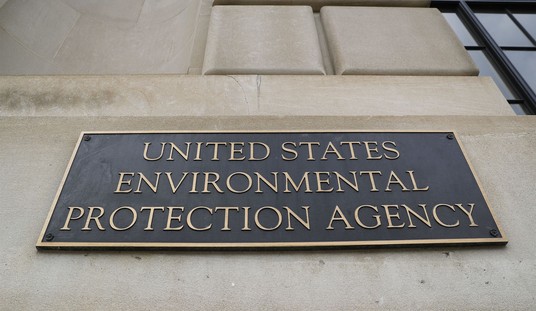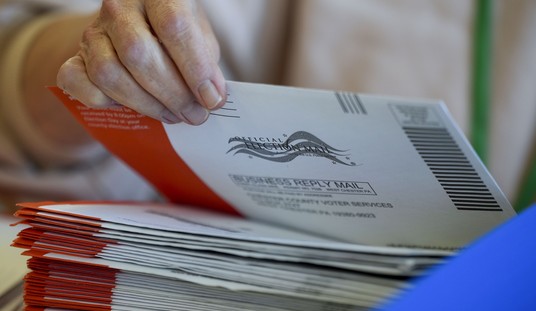The last few weeks haven’t been good for Joe Biden. He’s underwater in most polls—deservedly so—and many of us aren’t likely to forget his failure in Afghanistan anytime soon. But is it possible he can recover from all this? Tom Del Beccaro, the chairman of the Rescue California political action committee, doesn’t expect Biden’s numbers to improve much.
“Right now, Biden’s approval rating has tumbled to somewhere between 44% and 46% with Rasmussen polling indicating a disapproval rating of 54%,” Del Beccaro points out, but argues that there are six reasons why Biden’s approval numbers are unlikely to rise above 50 percent again.
Del Beccaro points out that partisan division “makes it hard for any modern president to maintain popularity beyond his own party let alone significantly above 50%.” Fair enough. Biden’s relatively weak support is another decent point to make. A majority of Biden voters didn’t vote for Biden as much as they voted against Trump. Biden’s approval is less rooted in loyalty than either Trump’s, Obama’s, or even George W. Bush’s. As such, Biden’s approval ratings have trended downward since he took office. The further away from the election he gets, the less popular he is—even before Afghanistan.
Kamala Harris is Biden’s other problem, Beccaro suggests. This is true, but I don’t see this as helping or hurting him. She’s historically unpopular, yes, but most voters don’t see her as qualified to replace him, so I think her impact on his approval ratings is neutral.
Biden’s approval ratings took a sharp hit because of the disaster in Afghanistan. Despite all other failures of his presidency (COVID, the border crisis, the economy) it wasn’t until his botched withdrawal that we finally saw the media act like journalists and criticize Biden. It is possible, perhaps even likely, that eventually, Afghanistan will fade from the forefront of our consciousness, and Biden will inevitably benefit from that politically. Of course, the worst may be yet to come in Afghanistan. Americans have been left behind there, which paves the way for a major hostage crisis that could keep Afghanistan in the news for many months. Or, the media will decide to return to their old ways and not cover it or blame Biden for it. Who knows? Del Becarro suggests that Afghanistan and other issues will continue to drag Biden down. Maybe, but there are plenty of other opportunities for Biden to make a comeback.
However, if we assume that the worst of the Afghanistan debacle is over (and that’s not necessarily true), then Biden has shown enough resilience that his RealClearPolitics average approval appeared to hit a floor at -4.1 points. While it’s still not great news for him, that’s not an insurmountable deficit in approval. Lots of things can happen to put him back in positive territory.
As I recently pointed out, pandemic-related unemployment benefits have now ended, which will hopefully encourage the long-term unemployed to start filling the millions of job openings available in this country. Our economy has no doubt benefited from the end of the lockdowns, but pandemic relief benefits have incentivized millions not to work. The next jobs report ought to be the strongest in months, and you’d better believe Joe Biden will be in front of the cameras patting himself on the back for it.
There’s also the potential of a Supreme Court vacancy next year. Few things galvanize your base like a Supreme Court battle, and the potential retirement of Justice Breyer could give Biden just the lifeline he needs at a critical time—especially with an evenly divided U.S. Senate.
So while there are a number of potential problems for Biden, he’ll have some opportunities thrown at him as well.
Still, after what happened in Afghanistan, Biden should be averaging a net approval rating in negative double digits, but he’s not. A floor of roughly 45 percent approval is nothing he can’t recover from.










